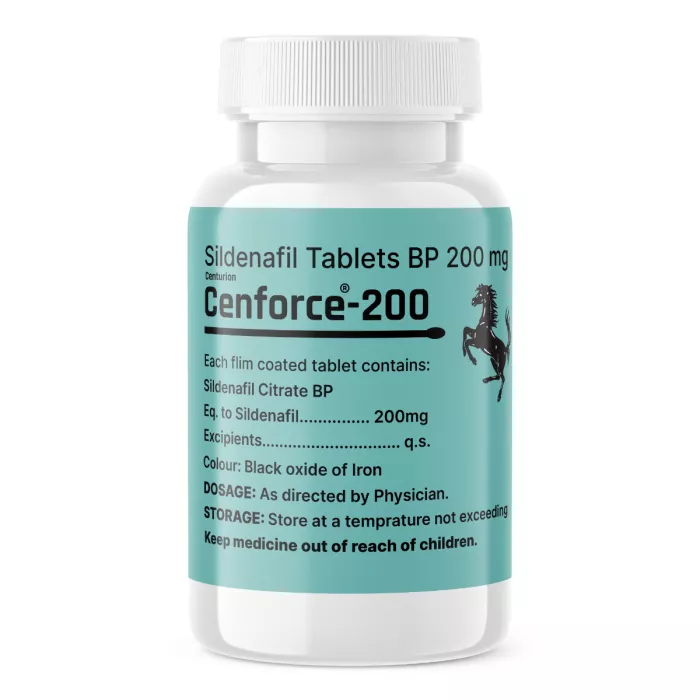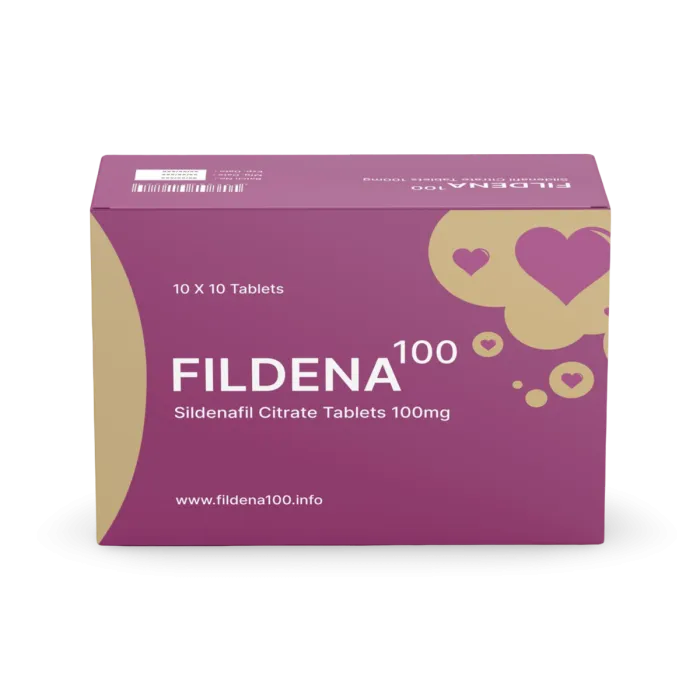Delayed Ejaculation affects millions of men worldwide, creating frustration and relationship stress. This condition occurs when it takes an unusually long time to reach climax during sexual activity, or sometimes ejaculation doesn’t happen at all.
The good news is that various treatment approaches can help restore normal sexual function. Men have multiple options to address this concern, from medical therapies to behavioral techniques.
Understanding the available treatments empowers you to make informed decisions about your sexual health. Read on to learn comprehensive solutions for Delayed Ejaculation treatment for men.
Understanding the need for Delayed Ejaculation treatment
The impact of untreated Delayed Ejaculation extends far beyond the bedroom. Many men experience declining self-confidence, relationship strain, and emotional distress when this condition persists without proper intervention.
Physical symptoms may include difficulty reaching orgasm despite adequate stimulation, requiring 30 minutes or longer for ejaculation, or complete inability to ejaculate during partnered sexual activity. These challenges can create a cycle of performance anxiety that worsens the condition over time.
Early intervention proves crucial for optimal outcomes. Men who seek professional guidance promptly often experience better treatment success rates and faster resolution of symptoms.
Save up to 90% on your medicine bills

Cenforce 200 mg

Kamagra Oral Jelly Rx 100 mg

Fildena 100 mg

Vidalista 60 mg
Professional diagnosis and medical evaluation
Accurate diagnosis forms the foundation of effective Delayed Ejaculation treatment. Healthcare providers conduct comprehensive evaluations to identify the underlying causes of Delayed Ejaculation and develop personalised treatment strategies.
Diagnostic procedures typically include:
- Physical examination of the genitals and nervous system.
- Blood tests to check hormone levels, Diabetes, and heart disease markers.
- Urine analysis to detect infections or other health conditions.
- Psychological assessment to identify mental health factors.
Your doctor or healthcare provider will ask detailed questions about sexual history, medication use, and symptom patterns. Questions may feel awkward or intrusive, but they are essential to a provider’s diagnosis. Honest communication ensures accurate diagnosis and appropriate treatment selection.
Evidence-based treatment approaches
Modern Delayed Ejaculation treatment includes various therapies based on the person’s specific causes and needs. Success often depends on addressing both physical and psychological factors simultaneously.
Psychological counselling and sex therapy
Counselling can be beneficial in addressing mental health issues like anxiety or Depression that may contribute to Delayed Ejaculation. Professional therapy addresses psychological barriers that may contribute to ejaculatory difficulties.
Sex therapy combines psychotherapy with structured behavioral modifications. Sex therapy involves guided counselling that blends talk therapy with practical changes to your sexual habits and routines. This combined approach aims to reduce anxiety, improve intimacy, and make ejaculation more natural and enjoyable.
Treatment strategies may include:
- Individual or couples counselling sessions
- Behavioural exercises to reduce performance anxiety
- Communication techniques for partners
- Addressing relationship conflicts that impact intimacy
Delayed Ejaculation treatment at home

Kegel exercises help strengthen the muscles in your pelvic floor. Strengthening your pelvic floor muscles may give you greater control over when you ejaculate. These exercises can be performed discreetly at home to support overall treatment goals.
Additional self-help strategies include:
- Mindfulness techniques to reduce performance anxiety.
- Gradual exposure therapy with partner cooperation.
- Use of appropriate sexual aids or devices as recommended by healthcare providers.
Medical treatments and medications
There are currently no FDA-approved medications specifically for treating Delayed Ejaculation. However, healthcare providers may sometimes prescribe medications off-label, meaning the medication is approved for another condition but may help with Delayed Ejaculation depending on the individual’s situation:
- Amantadine: Originally, Amantadine was developed for Parkinson’s disease, but it may improve ejaculatory function.
- Buspirone: An anxiety medication that can enhance sexual response.
- Cyproheptadine: An antihistamine that may help with ejaculatory disorders.
- Bupropion: An antidepressant that may counteract the sexual side effects of SSRIs.
These medications may or may not be effective, and if prescribed, your healthcare provider will explain the potential side effects in detail.
Managing treatment expectations and outcomes
The effectiveness of Delayed Ejaculation treatment depends on its root cause of Delayed Ejaculation and how your body responds. Recovery timeframes can vary widely due to personal health factors and underlying conditions.
Factors that improve treatment outcomes include:
- Early intervention and professional guidance
- Active partner support and participation
- Commitment to prescribed therapy protocols
- Open communication with healthcare providers about progress
You’re more likely to see positive results if your delayed climax is a recent development, you have a history of satisfying sexual experiences, and your sexual desire remains intact. These factors suggest fewer deep-rooted or psychological complications.

Conclusion
Finding the best treatment for Delayed Ejaculation depends on identifying the root cause, whether physical, psychological, or both.
Delayed Ejaculation treatment options, like medical therapy, sex counselling, and at-home techniques such as Kegel exercises, can offer real improvement when combined effectively.
Most men experience better results when treatment starts early and is guided by a healthcare provider. Success often depends on open communication, consistency, and professional supervision.
If you are struggling with Delayed Ejaculation, don’t try to manage it alone; consulting a qualified doctor or therapist is the most critical first step toward a healthy and fulfilling sex life.
Frequently Asked Questions
What foods or nutrients might help improve Delayed Ejaculation naturally?
Zinc-rich foods like oysters, pumpkin seeds, and lean meats support healthy Testosterone production. Dark chocolate contains phenylethylamine, which may enhance mood and sexual response. Watermelon has citrulline, which improves blood flow. However, dietary changes alone rarely completely cure Delayed Ejaculation.
Can Delayed Ejaculation be a sign of other health problems?
Yes, Delayed Ejaculation sometimes indicates underlying diabetes, multiple sclerosis, or spinal cord injuries. Thyroid disorders and Low Testosterone can also contribute. Additionally, prostate problems or certain neurological conditions may present with Delayed Ejaculation as an early symptom
How does Delayed Ejaculation affect sperm count and quality?
Delayed Ejaculation typically doesn’t directly reduce sperm count or quality. However, infrequent ejaculation might temporarily increase sperm concentration but could affect motility. Most fertility specialists report normal sperm parameters in men with this condition when samples are collected properly.
Are there specific sexual positions that help with Delayed Ejaculation?
Yes, positions allowing deeper penetration and increased friction often help trigger ejaculation. Woman-on-top positions give better control over movement and rhythm. Side-by-side positions reduce performance pressure while maintaining intimacy. Experimenting with angles and techniques usually yields better results than specific positions alone.
Can masturbation habits cause or worsen Delayed Ejaculation during partnered sex?
Yes. Frequent masturbation with a tight grip or specific techniques can condition men to respond only to particular stimulation patterns. This u0022death grip syndromeu0022 makes it difficult to climax during regular intercourse. Modifying masturbation techniques or taking breaks can help retrain sexual response patterns.
How long should couples wait between attempts during Delayed Ejaculation treatment?
Most sex therapists recommend allowing 24-48 hours between intimate attempts to reduce performance pressure and physical fatigue. This timing also allows natural hormone levels to be restored. Focusing on non-sexual intimacy during recovery periods helps maintain emotional connection without creating additional stress.
Cheap Medicine Shop only refers to credible, authoritative sources for our content. If you’re curious about how we ensure the integrity of our content, we encourage you to read our Content Information Policy.














